Southwest Autism Research & Resource Center (SARRC) was founded in 1997 through the collaboration of two mothers of children with autism and their developmental pediatrician. United by a shared vision to create a center dedicated to research, resources and support, they launched SARRC with no funding, no staff and no physical space, but a bold belief in a future where individuals with autism could have friends, jobs, homes, and belong to inclusive communities.
From these humble beginnings, SARRC has grown into an internationally recognized nonprofit, known for its groundbreaking research, evidence-based programs and leadership in building inclusive communities. With a mission to advance research and provide lifelong support, SARRC remains one of the few autism organizations worldwide that offers comprehensive services across the lifespan while conducting cutting-edge research.
-
1997
- Southwest Autism Research Center (SARC) is founded
-
1998
- Open our first 1,800 square-foot facility at 10th Street and McDowell Road in Phoenix
- Inaugural Community Breakfast is held
-
1999
- SARC’s first education and training workshops are attended by more than 800 people
-
2000
- The first issue Outreach Magazine is published
- The CDC estimates that 1 in 150 8-year-old children have ASD
-
2001
- The first issue Outreach Magazine is published
- The CDC estimates that 1 in 150 8-year-old children have ASD
-
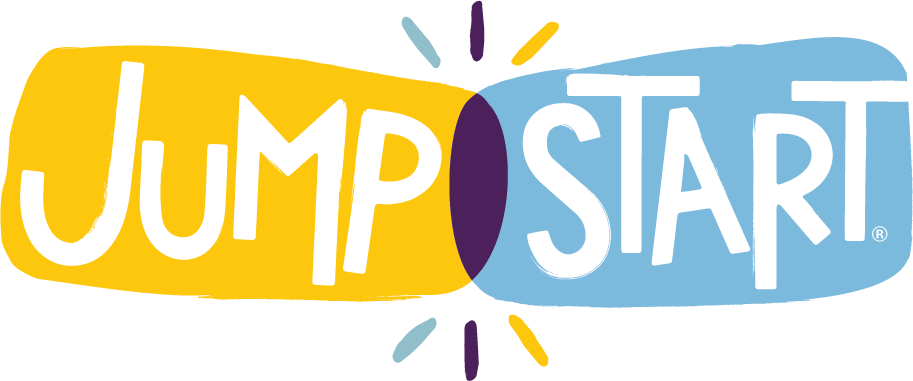
2002
- SARC changes its name to Southwest Autism Research & Resource Center (SARRC)
- SARRC introduces JumpStart, a program empowering parents with the skills and knowledge to help navigate their new journey
- FRIEND (Fostering Relationships in Early Network Development) is implemented by SARRC in Arizona elementary schools to help students understand and accept differences among their peers
SARRC Grandparents Group is established to help educate, empower, and support grandparents of children with autism
-
2003
- SARRC and Translational Genomics Research Institute partner to conduct Arizona’s largest and most comprehensive molecular and genetics research done on autism
- The Physician Outreach program launches and work begins to develop the Autism Spectrum Disorders Screening kit for pediatricians
-
2004
- The first capital campaign is launched and raises $7.5 million for a new building
- SARRC partners with the international Autism Genetics Resource Exchange (AGRE), the largest private, open-access repository of clinical and genetic information dedicated to helping autism research
-
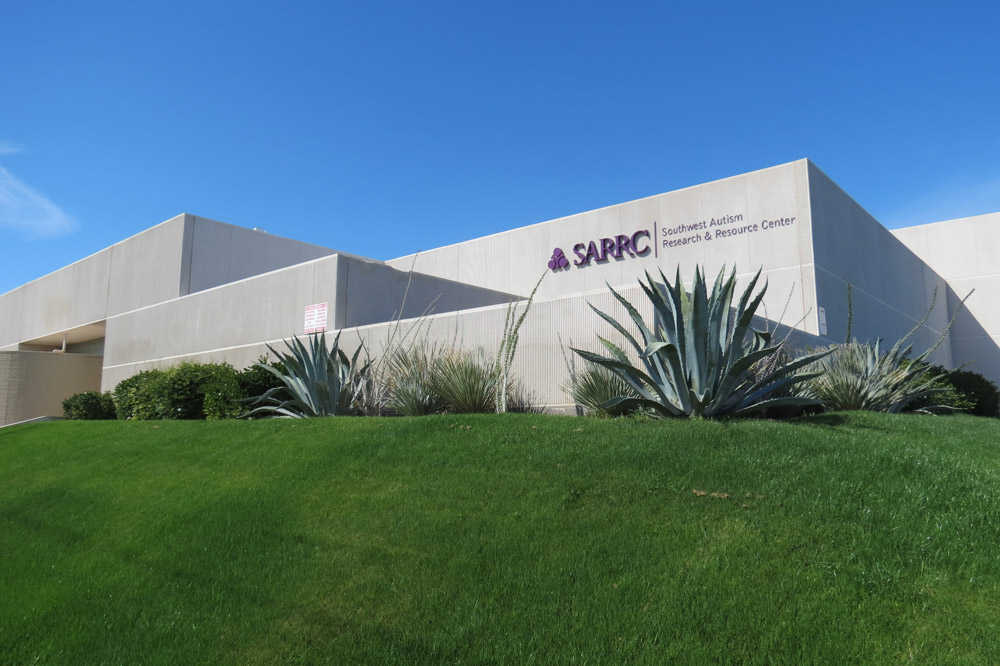
2005
- As a result of the 2004 capital campaign, SARRC’s Campus for Exceptional Children in Phoenix opens
-
2006
- The SARRC Community School opens its doors, a milestone to create a more inclusive community
- Walk Now Arizona with Cure Autism Now launches and hosts the first walk boasting 3,500 participants
- The CDC estimates that 1 in 110 8-year-old children have ASD
-
2007
- SARRC hires first national autism experts with doctoral degrees to expand and enhance services.
- Arizona Autism Coalition is formed to improve the lives of individuals with ASD and their families by sharing resources and affecting autism systems reform through statewide collaboration and advocacy
-
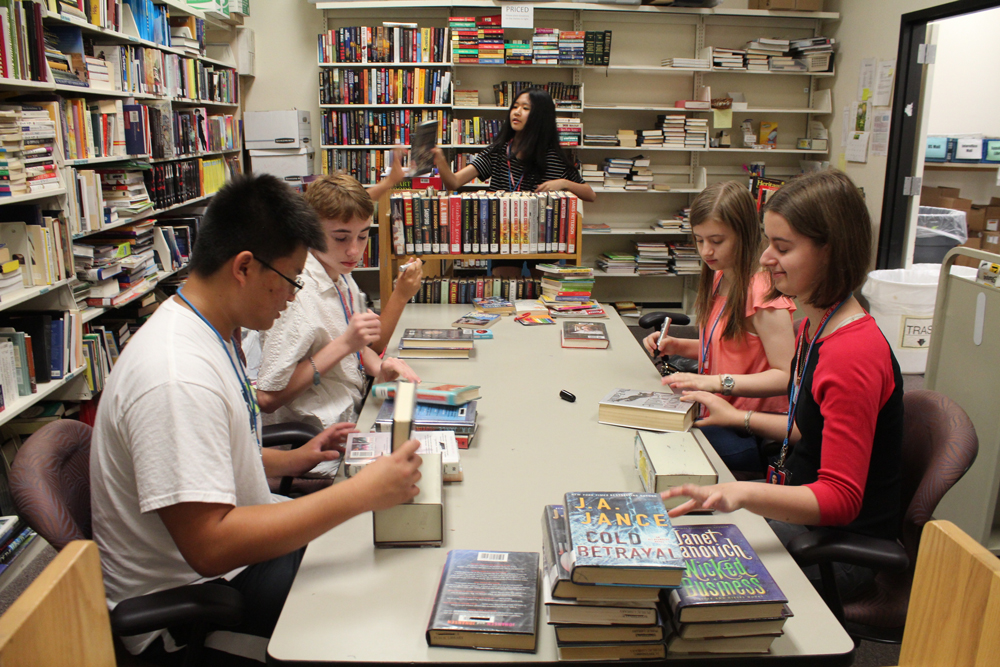
2008
- SARRC supports the passing of Steven’s Law, requiring insurance companies to provide coverage for autism treatment
- SARRC’s CommunityWorks® program is introduced to provide afterschool and weekend opportunities for teens with ASD and their typically developing peer mentors
- GardenWorks® and CulinaryWorks® launch, marking SARRC’s first venture into social enterprise (now Beneficial Beans®)
- First World Autism Awareness Day is recognized April 2
- ThinkAsperger’s launches a screening questionnaire for parents, educators and medical professionals to aid in the identification of ASD
-
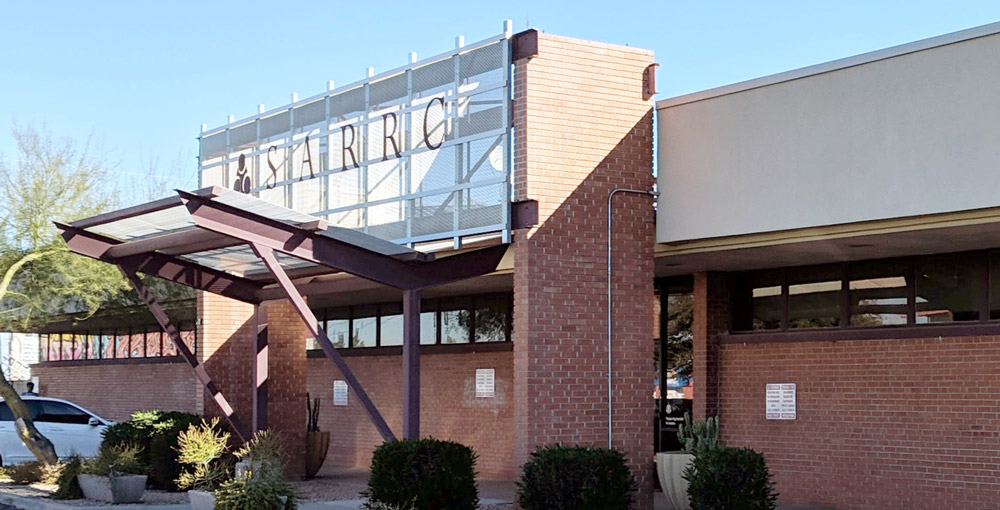
2009
- The Vocational & Life Skills Academy opens, allowing SARRC to expand its services for adolescents and adults
- Employment Services program is introduced for teens and adults with autism
-
2010
- SARRC launches its social enterprise program, Beneficial Beans®, to provide training and employment opportunities for adults with autism
-
2011
- “Combating Autism Reauthorization Act,” enacted in 2006, is reauthorized by President Barack Obama to ensure continual autism research, services, training and monitoring
-
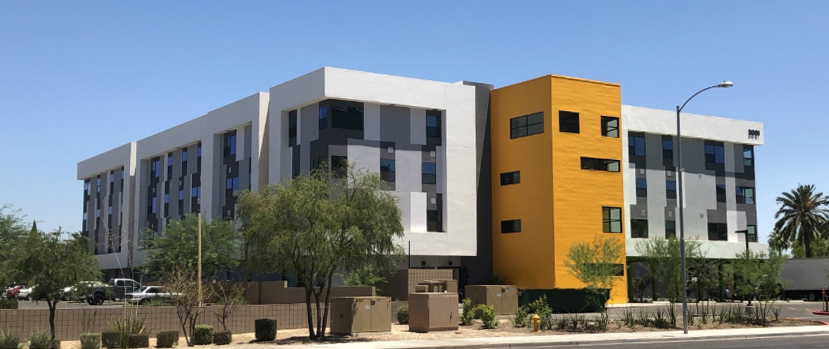
2012
- SARRC’s sister organization, First Place AZ, is founded
- National statistics report that 1 in 68 children are affected by autism
-
2013
- The fifth edition of the Diagnostic and Statistical Manual of Mental Disorders (DSM-5) newly identifies autism as autism spectrum disorder (ASD) folding all subcategories of the condition into one umbrella diagnosis — ASD. Asperger’s is no longer considered a separate condition
-
2014
- SARRC collaborates with First Place AZ and the Foundation for Senior Living to launch the First Place Transition Academy, operated by SARRC
- SARRC’s CommunityWorks program is replicated in Canada
- Combating Autism Reauthorization Act is renewed for another five years as the “Autism CARES Act”
-
2015
- SARRC, in partnership with Behavior Imaging and Georgia Tech, help launch Naturalistic Observation Diagnostic Assessment (NODA), a clinically tested service using a smartphone app and autism specialists to diagnose or rule out autism
- SARRC’s Detecting Asperger’s Very Early (DAVE) screening questionnaire is published in the Journal of Applied School Psychology
-
2016
- SARRC’s second Community School in Tempe opens
- SARRC named a “pocket of excellence” by John Donvan and Caren Zucker in their book, “In a Different Key”
- Phoenix named “the most autism-friendly city in the world” by “PBS NewsHour”
-
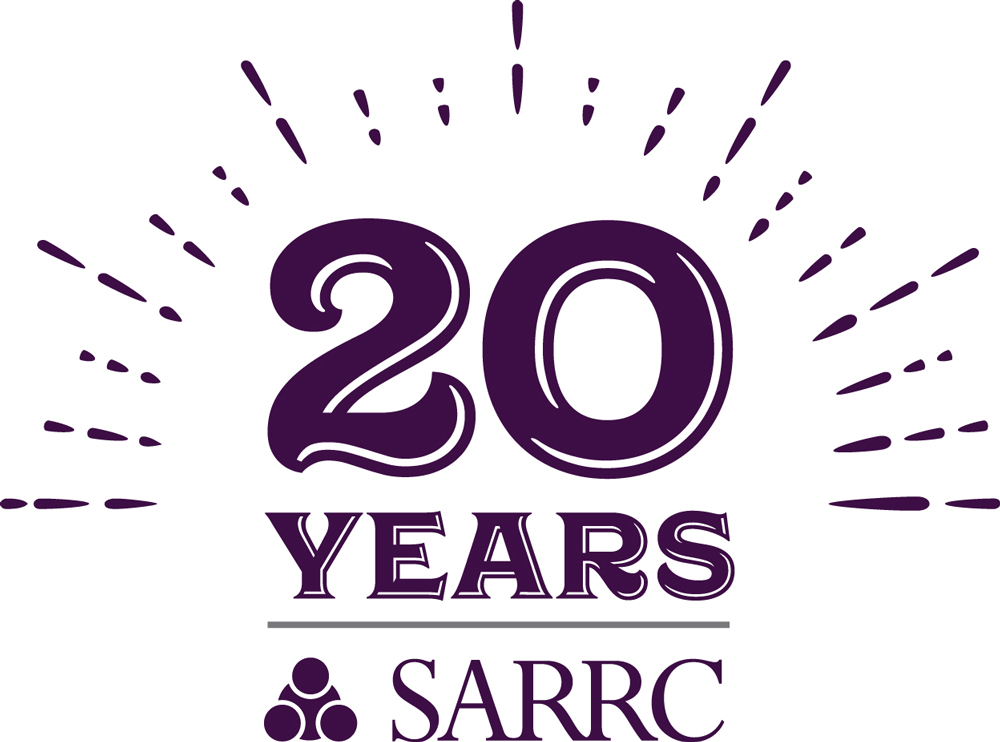
2017
- SARRC celebrates 20 years.
- March 3 was proclaimed “SARRC’s Social Enterprise Day” by the Office of the Governor of Arizona
- SARRC introduces its first mobile app bringing the Social Challenges Screening Questionnaire (formerly the DAVE screening questionnaire) into hands of more parents, educations and providers

-
2018
- The CDC reports 1 in 59 children have been identified as having autism in the U.S.
-
2019
- SARRC unveils its new strategic plan to become a statewide organization by 2030
- A SARRC-led study funded by the national institute of mental health lowers ASD diagnosis three years earlier than age reported by the CDC
- Phoenix Suns all-star, Devin Booker, and Phoenix Suns Charities honored SARRC as one of the “Devin Booker Starting Five”
-
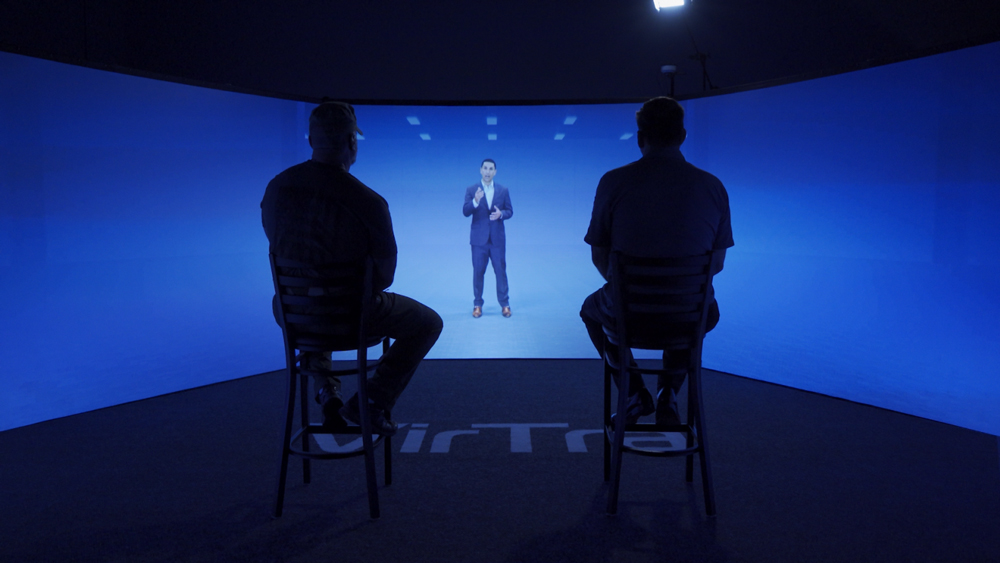
2020
- SARRC successfully transitions vital programs and services to telehealth models during the Covid-19 pandemic
- SARRC launches new, free Easy Access Autism Screening program
- SARRC introduces new Sibshops program for siblings of individuals with autism
- After a successful four years in use, NODA becomes a standard part of SARRC’s diagnostic process
- SARRC co-develops virtual autism simulator and training for law enforcement with VirTra
-
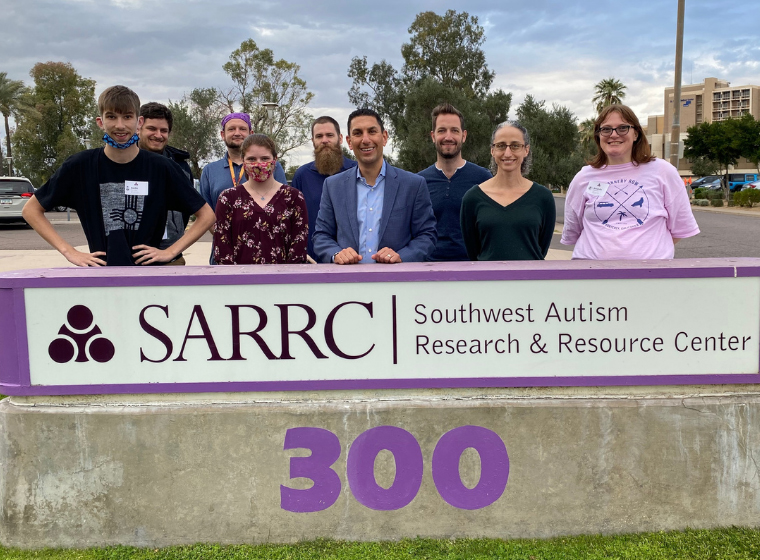
2021
- Launched a three-year, $1 million research study funded by the National Science Foundation to improve STEM learning in museums for people with autism
- Opened a third Community School in South Scottsdale, marking SARRC’s fourth campus location
- SARRC held its inaugural YES Day for Autism event
- SARRC introduced its first Self-Advocate Advisory Board
-
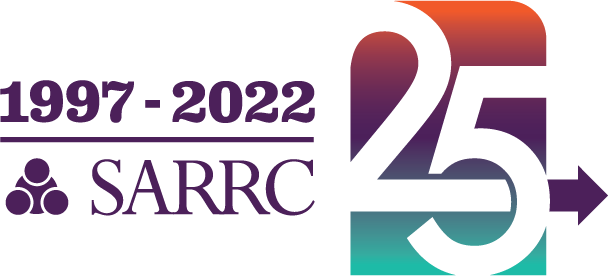
2022
- The CDC reports 1 in 44 children have been identified as having autism in the U.S.
- Celebrating 25 years of providing service to individuals with autism and their families
- SARRC's third Community School campus opens in Scottsdale
-
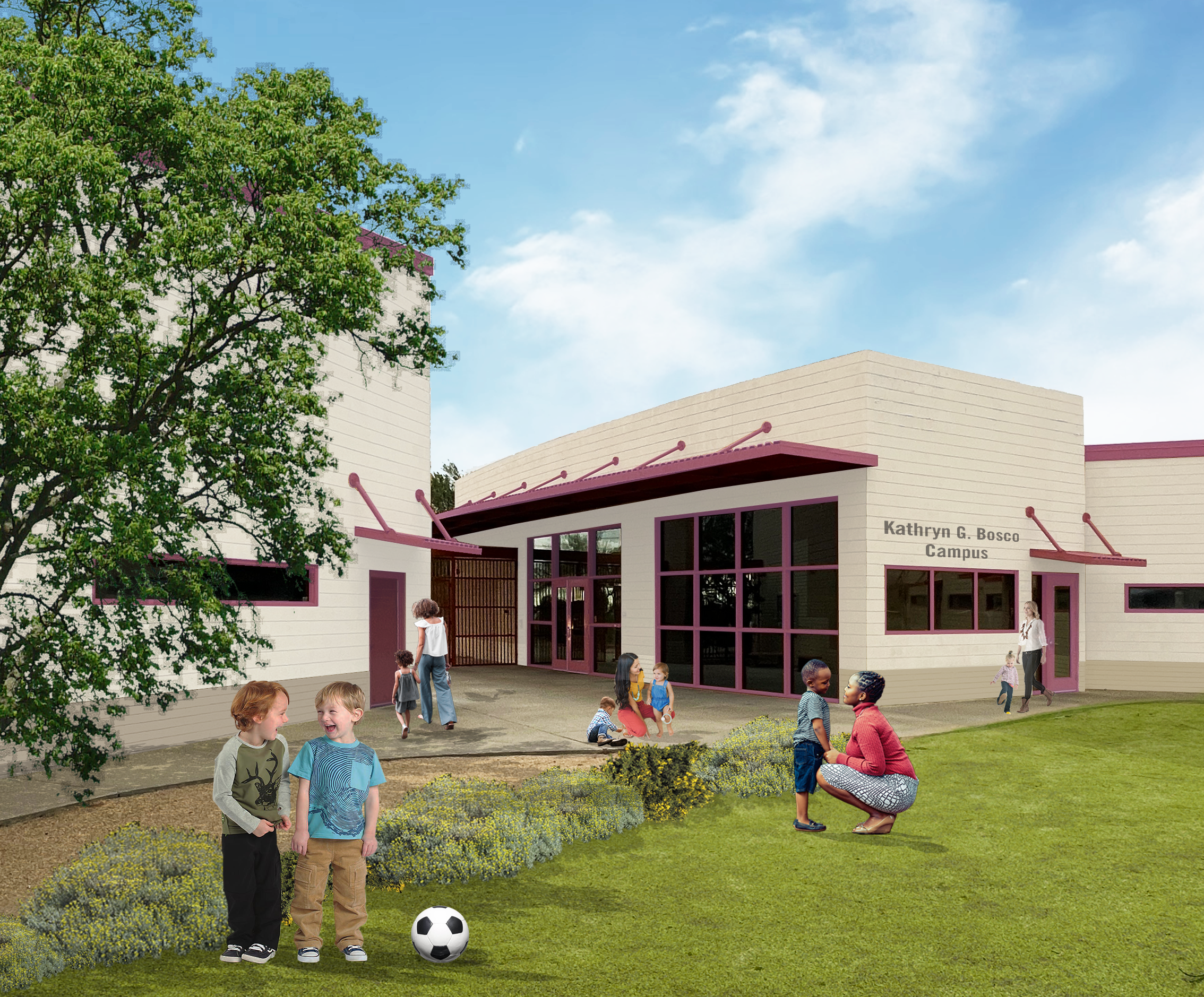
2025
- SARRC's fourth Community School, the Kathryn G. Bosco Campus opens in Mesa
